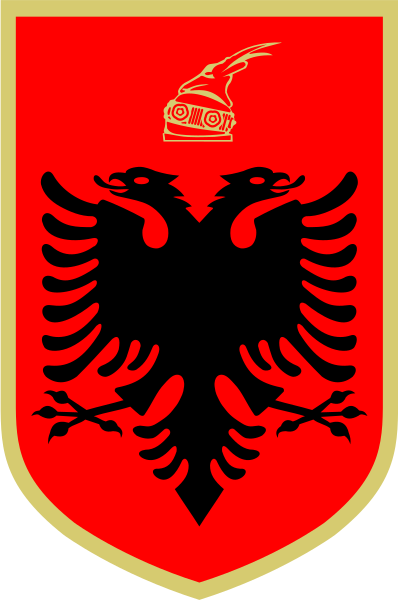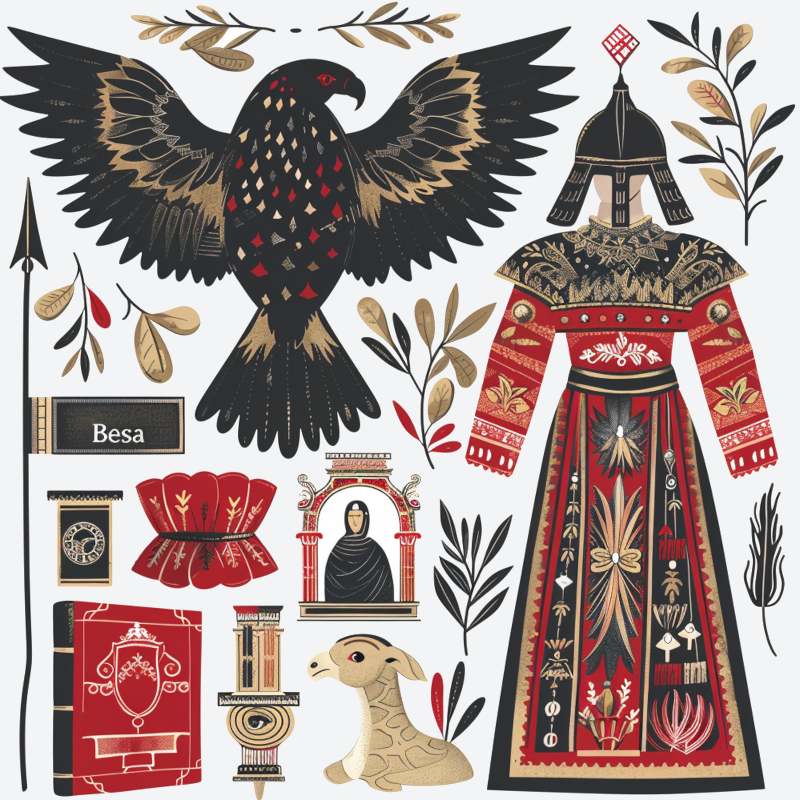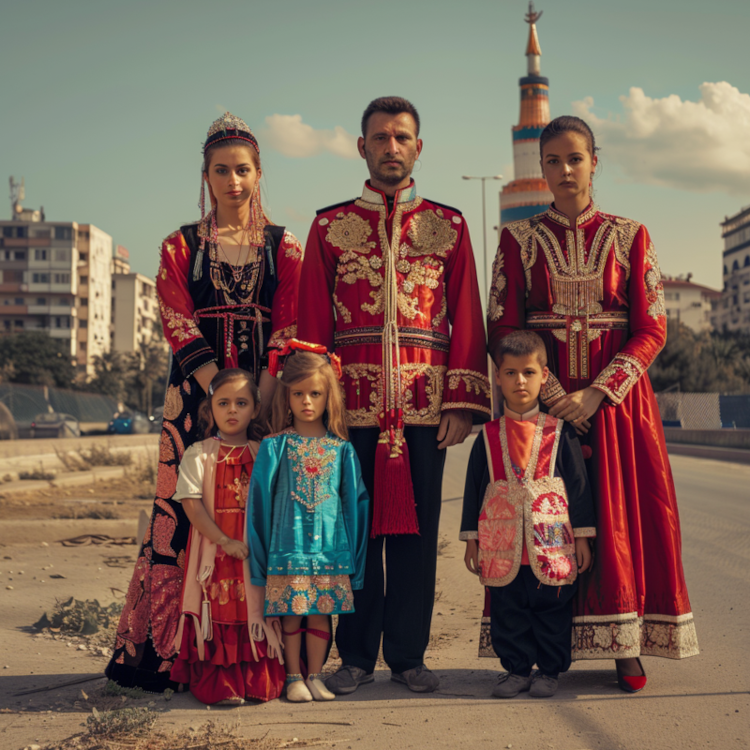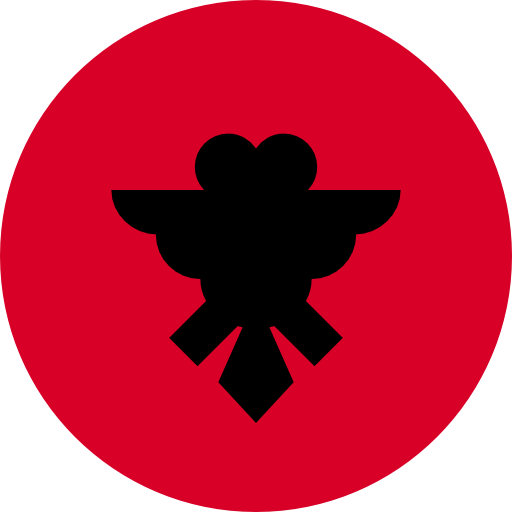About AL

Albania is a small country located in Southeast Europe, bordered by Montenegro, Kosovo, North Macedonia, and Greece. Its capital and largest city is Tirana.
The country has a population of around 2.8 million people, and Albanian is its official language. Albania is predominantly Muslim, with a significant Christian minority.
Albania has a developing economy with a mix of agriculture, industry, and services. The country is known for its natural beauty, with stunning coastlines, mountains, and lakes, as well as its rich cultural heritage, which includes ancient archaeological sites and Ottoman-era architecture.
Albania has a complex history, with a long period of Ottoman rule followed by a monarchy and then a communist dictatorship. After the fall of communism in 1991, Albania underwent significant political and economic reforms, and it is now a parliamentary republic with a multi-party system.
Albania is a member of the United Nations, the World Trade Organization, and other international organizations. It has close relations with the European Union and has been a candidate for EU membership since 2014.

National Culture Objects
Double-Headed Eagle
The black double-headed eagle on a red background is Albania's national emblem, symbolizing the country's sovereignty and independence. It is prominently featured on the national flag and represents the bravery and strength of the Albanian people.
Skanderbeg's Helmet
Named after the national hero Gjergj Kastrioti Skanderbeg, this helmet is adorned with a goat's head and symbolizes resistance and the fight for freedom against the Ottoman Empire in the 15th century.
Traditional Costume (Xhubleta)
The Xhubleta, a centuries-old garment worn by women in northern Albania, symbolizes Albania's rich cultural heritage and traditional craftsmanship. It is characterized by its intricate designs and vibrant colors.
Olive Tree
The olive tree is a symbol of peace, longevity, and resilience in Albania. It reflects the country's Mediterranean climate and the importance of olive oil in Albanian cuisine and economy.
Besa
Besa, meaning "pledge of honor," is a traditional Albanian code of honor that emphasizes trust, hospitality, and keeping one's word. It is a cornerstone of Albanian culture and reflects the moral values of the society.
Tirana Clock Tower
The Tirana Clock Tower is a historical landmark and a symbol of the capital city, Tirana. Built in the 19th century, it represents the city's architectural heritage and its development over time.
Ismail Kadare's Literature
Ismail Kadare, a renowned Albanian writer, symbolizes the country's literary heritage. His works, which often explore themes of history and identity, have earned international acclaim and reflect the cultural depth of Albania.

The national anthem of Albania is called "Himni i Flamurit" (Hymn to the Flag). It was written by the poet Asdreni (Aleksandër Stavre Drenova) and composed by Ciprian Porumbescu in 1912, during Albania's struggle for independence from the Ottoman Empire.
The anthem is a tribute to the Albanian flag and the country's fight for freedom and independence. It is commonly played at official state events and public ceremonies, as well as sporting events and other national occasions.
The lyrics of the anthem have been modified several times throughout Albania's history, most recently in 2014, to remove references to communist ideology and to better reflect the country's values and aspirations.


